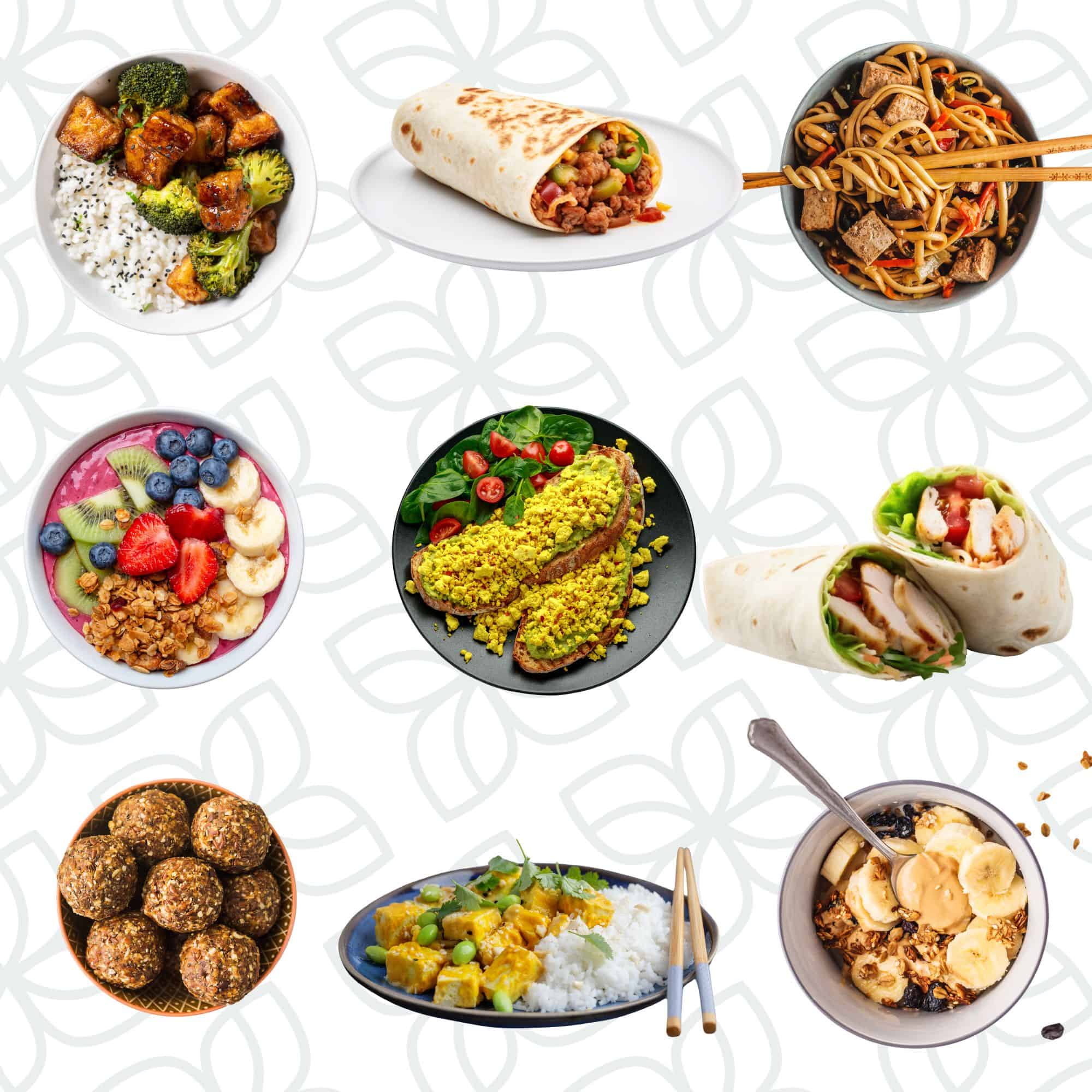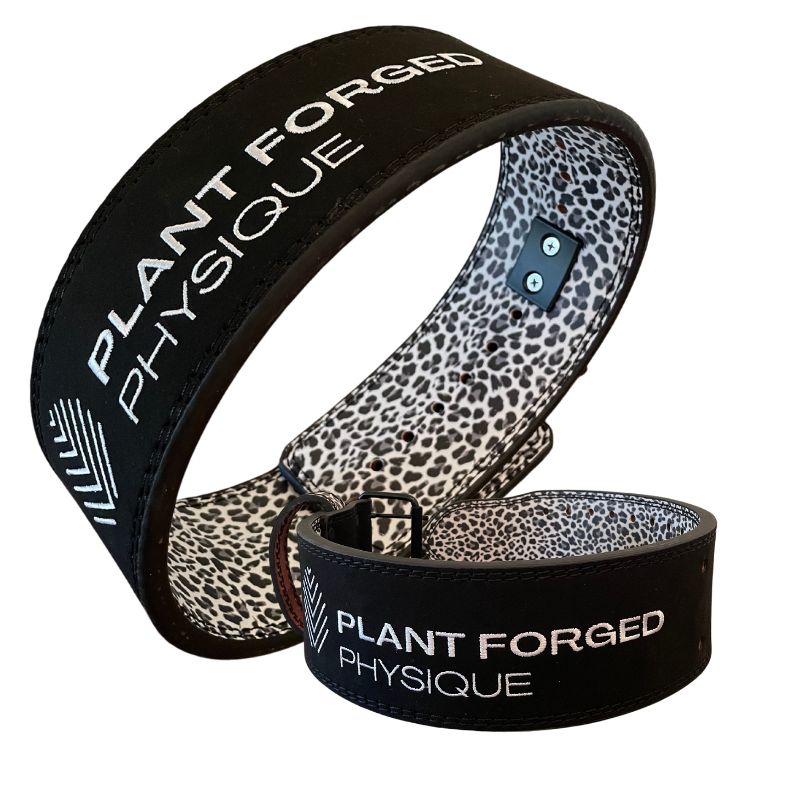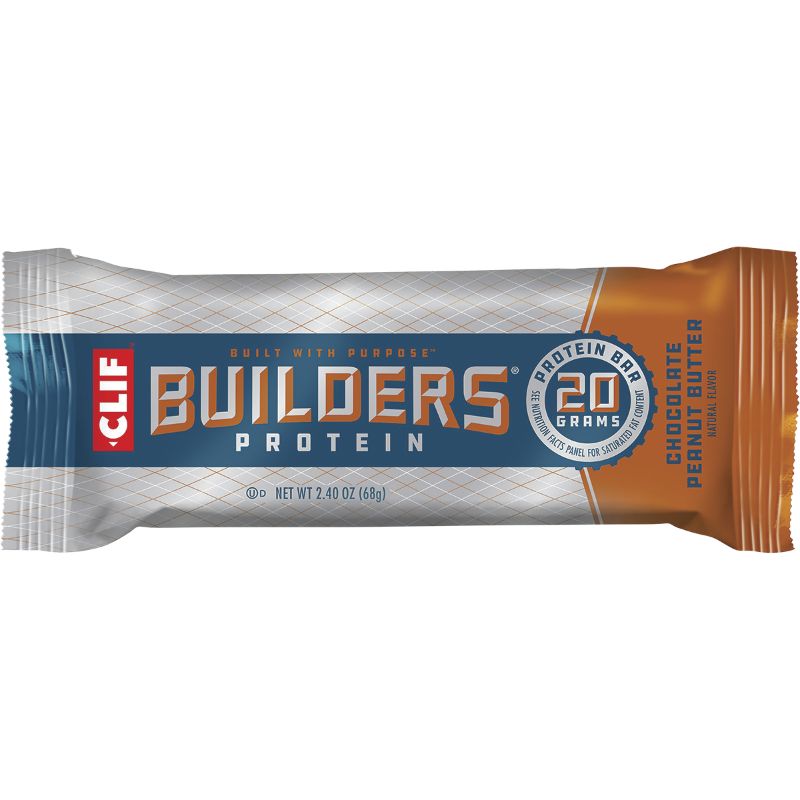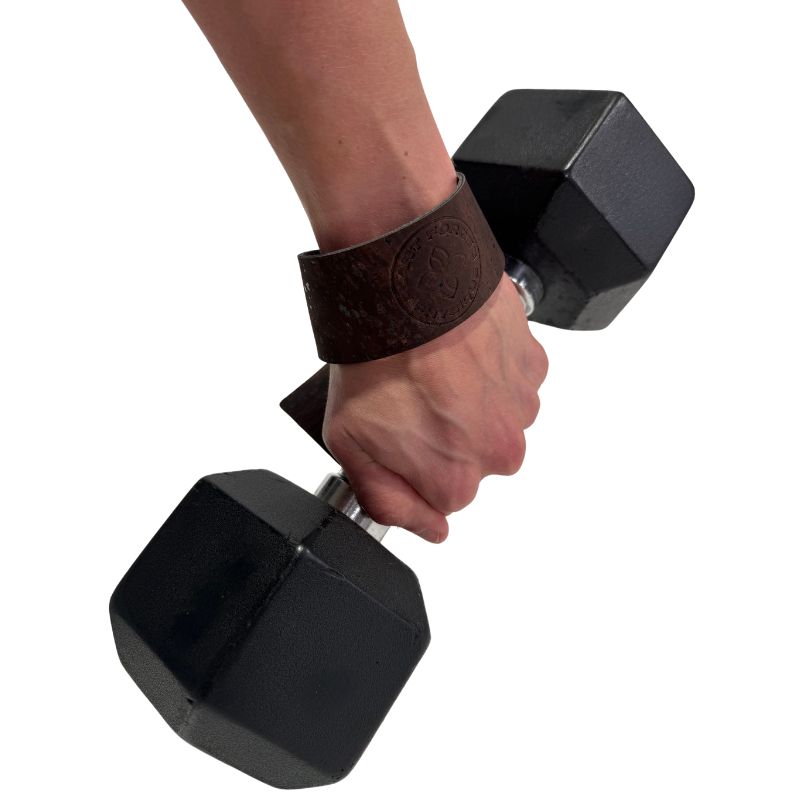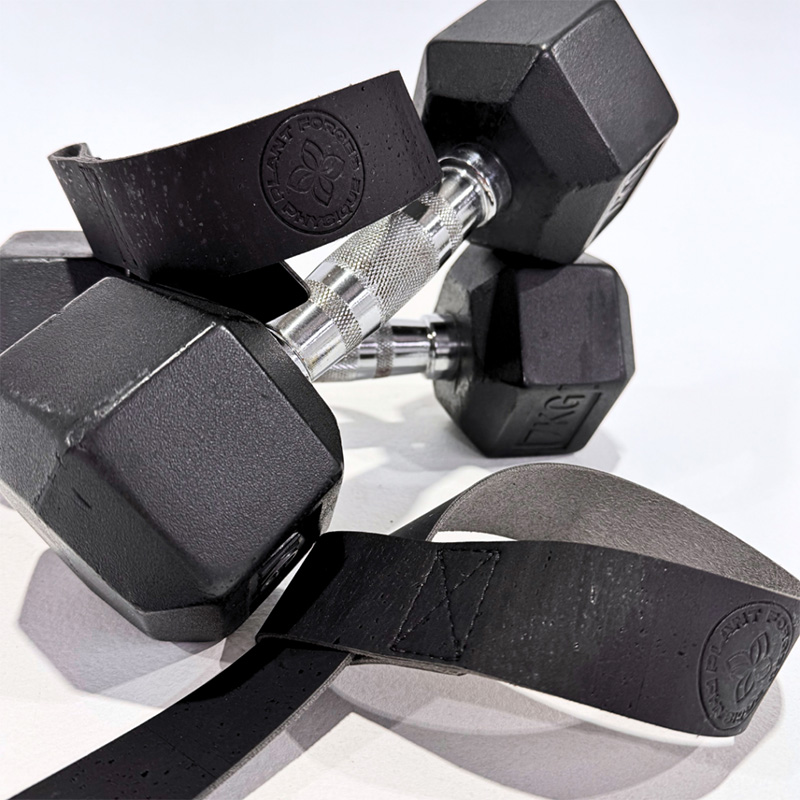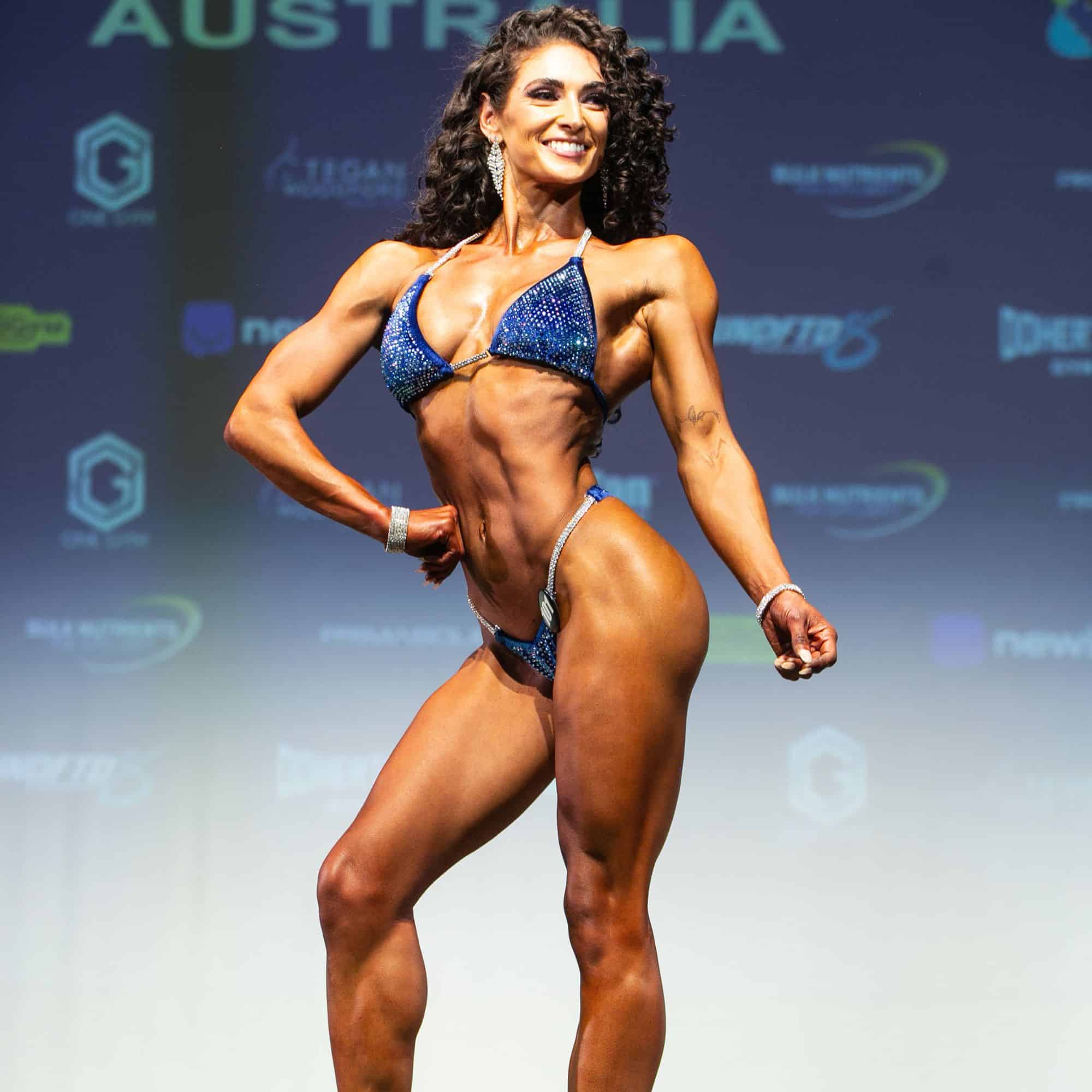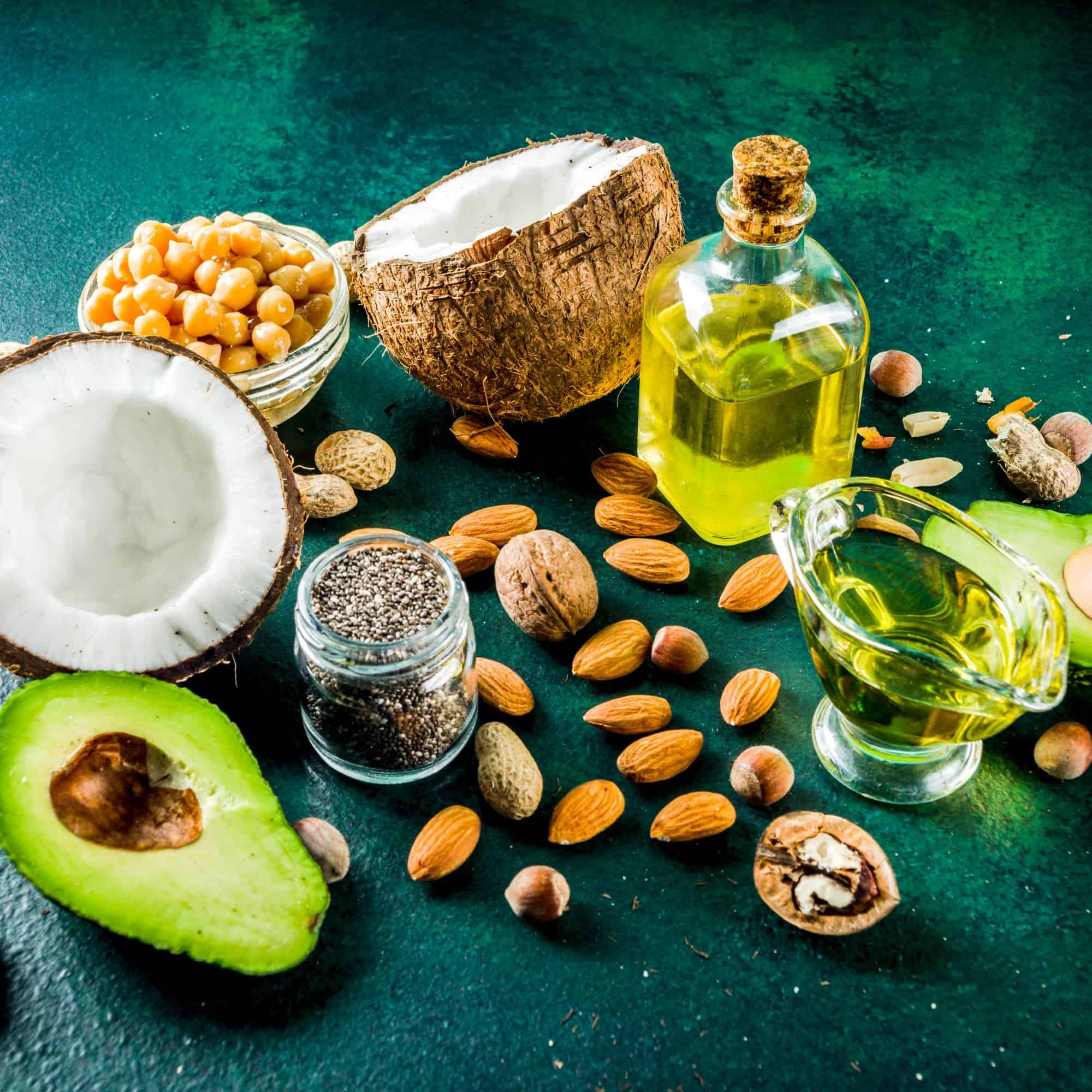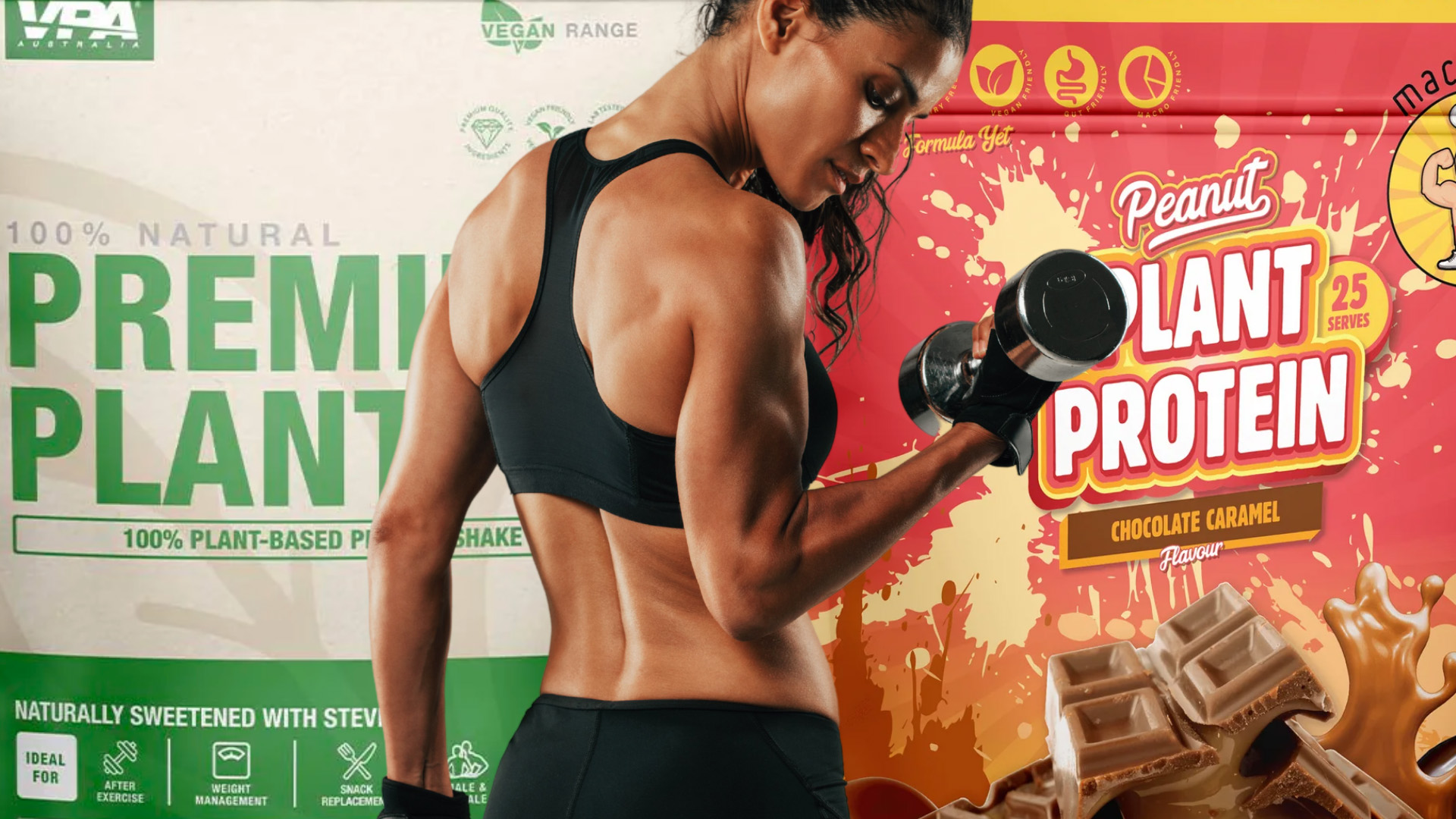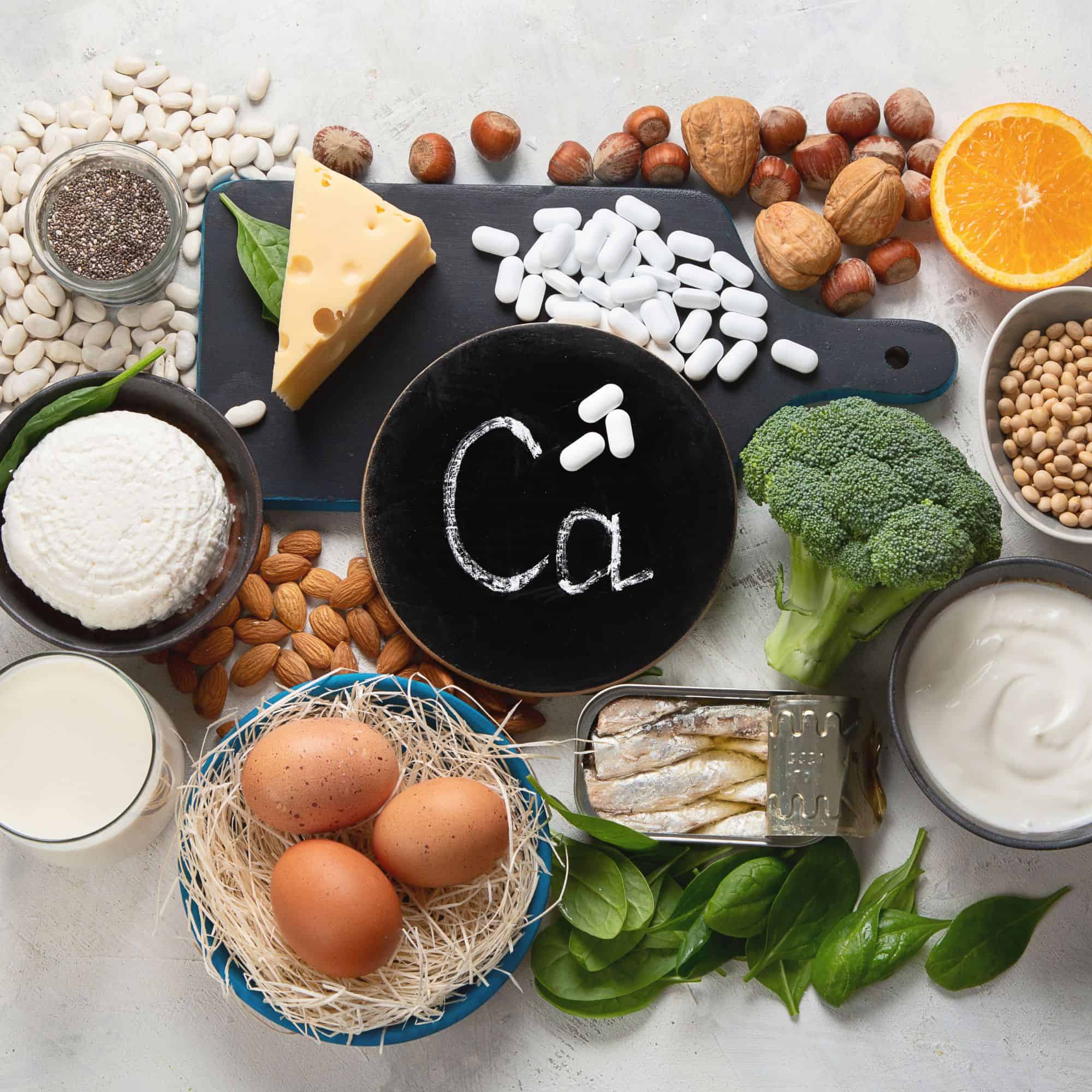
How to: Pre and Post workout nutrition

Understand the principles behind pre and posting training meals and how to apply them
No matter if you are an athlete training for a competition, a weekend gym goer, or figuring out this whole fitness thing, your pre and post-workout nutrition can play an important role in how you feel during training, your performance and (most importantly) your results.
Knowing what to eat and when, can seem a bit confusing. This article will break down foundational principles of pre and post-training nutrition.
WHY IS NUTRITION around training IMPORTANT?
You will often hear that you need to to fuel your workouts, in the same way you need to put petrol in a car to keep it running.
You can’t expect your car to run properly on an empty tank. Sure you might be able to get out a few km’s – but you’re not going to be able to get very far.
The same can be said of your body. When you’re training, you want to get the best from your workout.
Planning your food intake and being mindful of certain macronutrients can improve your performance, enhance muscle protein synthesis (MPS), speed up recovery and even improve your mood after a workout.

PRE-TRAINING NUTRITION
Pre-training nutrition is a must for optimal performance during training sessions.
Ensuring that we are well-fuelled with carbohydrates (the body’s main source of energy) and hydrated can be the difference between a good training session and a not-so-good session that is a struggle to get through.
#1 – TIMING
PRE-WORKOUT
2-4hrs before your session
Eat a well-rounded meal that contains:
- 1-2 servings of a carbohydrate source (To be more specific, aim for 1-4g of carbs per kg of body weight)
- 1 complete protein source (0.4-0.6 grams of protein per kg of body weight)
- It’s also good to keep the meal: Low to moderate in fats (<10g) and low in fibre (<8g). This will allow your food to digest by the time you head to your workout.
This ensures you utilise the Calories from your meal, while avoiding feeling lethargic or having any digestion discomfort while training.
Good meal examples are:
- Tofu fried rice with mixed vegetables
- Oat porridge with protein powder and fruit
- Bolognese pasta made with plant-based mince
- Tempeh sandwich
15-60 mins before your session
- Have a carbohydrate-rich snack (0.5-1 gram of carbs per kilogram of body weight) to further top up your glycogen stores.
- Choose simple, easily digestible foods
- Be mindful of limiting fats and fibre, as these slow down digestion and cause discomfort during training.
Good snack examples are:
- Rice cakes with jam
- 1-2 large handfuls of dried fruit or pretzels/crackers
- Sports drink or glass of juice
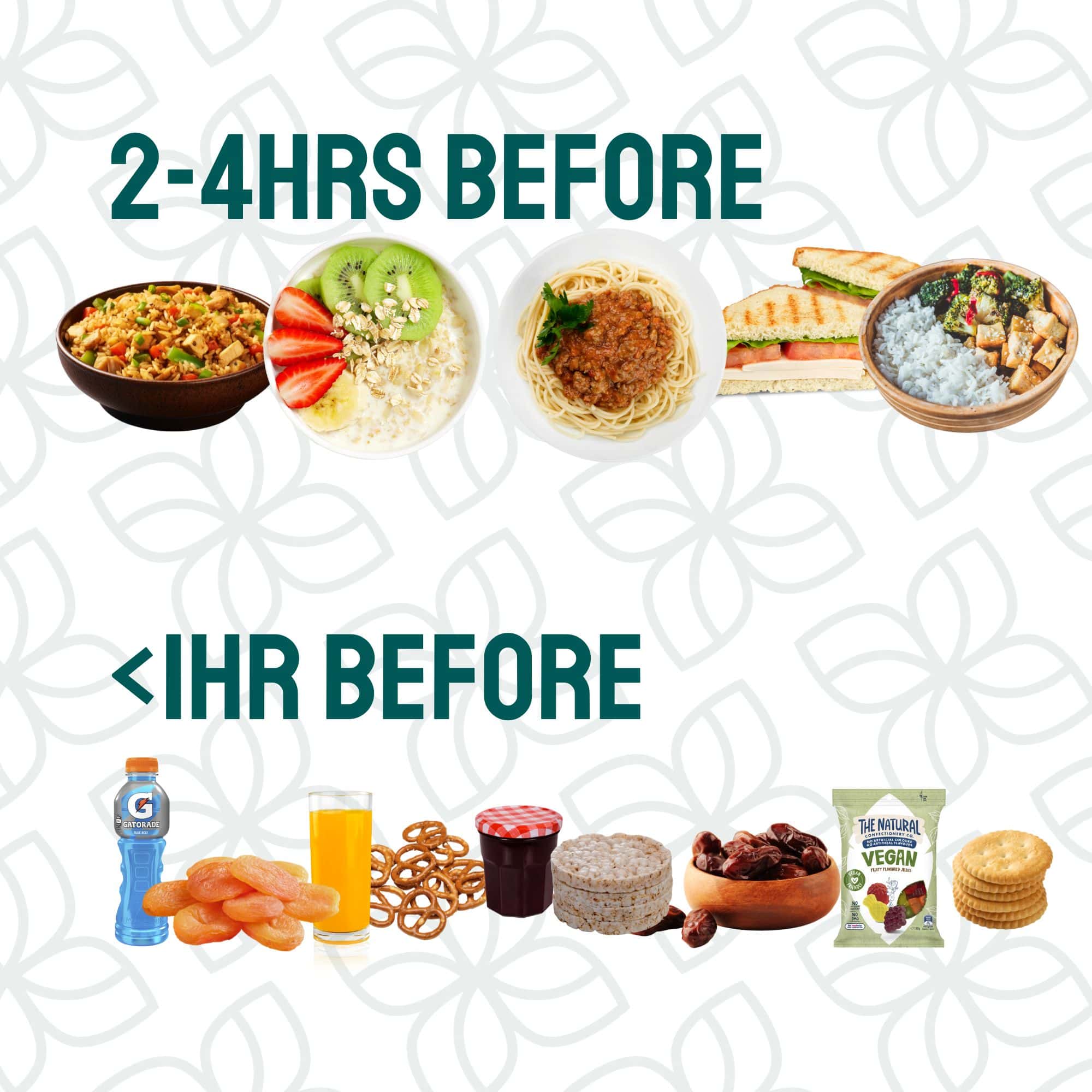
What if you workout very early in the morning ?
If you work out in the morning, you don’t have to wake up excessively early for a pre-training meal 2-3 hours prior.
Opt for a quick, carb-rich snack 15-60 minutes before starting, prioritising sleep over a full meal + a small snack right before training.

POST-WORKOUT
Optimising recovery and enhancing training adaptations post-exercise is crucial for maximising your fitness gains.
After a workout, focus on the 3 R’s:
- Refuelling energy stores
- Repairing damaged muscles
- Rehydrating
1 – 3hrs after your session
Eat a well-rounded meal that contains:
- 1-2 servings of a carbohydrate source (aim for about 0.8-1.2g of carbohydrates per kg of body weight)
- Aim for the upper end of this range, and eat sooner if another session is imminent (<6hrs).
- However, if there’s a gap between sessions (i.e. >12hrs) spreading out carbohydrate intake throughout the day works too.
- 1 complete source of protein – vital for muscle repair (0.4-0.6 grams of protein per kg of body weight)
- Research shows the anabolic (muscle building) window lasts up to 5 hours, allowing flexibility in when to consume protein for optimal benefits.
- 2-3 cups of water – at least 500ml in the first hour post-exercise. And 1 cup of water every 1-2 hrs afterwards. This will depend on other factors like how strenuous the activity was, how hydrated you were prior, how hot it was/how much you sweated, and personal thirst.
There are no ‘limits’ on fat and fibre content unless you’re training again within 1-3hrs – in which case, be mindful to keep these low/moderate.
Good meal examples are:
- Satay noodles with tempeh
- Bean and vegan mince burrito with dairy-free cheese and rice
- Teriyaki tofu with rice and vegetables
- Tofu scramble with avocado toast
- Smoothie bowl with muesli & protein powder
- Vegan chick’n wrap
- Date and nut butter protein balls
- Tofu green coconut curry with rice
- Peanut butter and banana on high protein cereal
